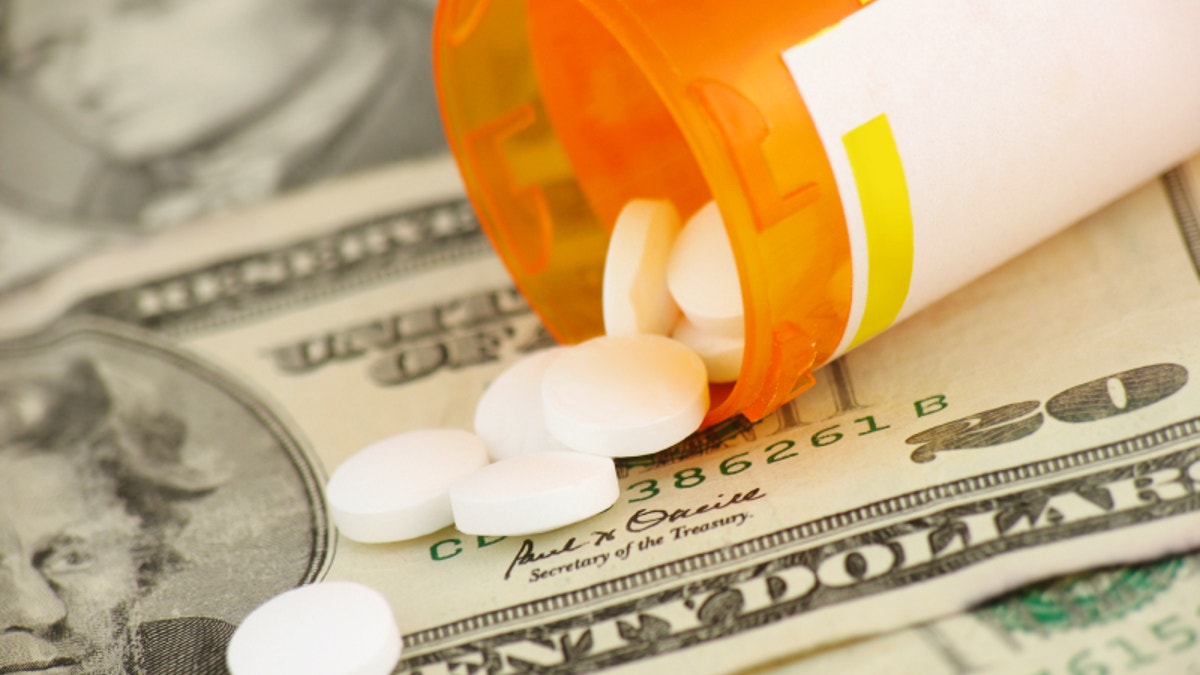
Generics account for 75 percent of meds prescribed in America. Do you know the real costs?
Are generic drugs cheaper?
Not always, and not by as much as you might think.
"If you check drugstore.com, the difference is huge—say, $30 for generic versus $200 for brand name," says Dr. Douglas Kamerow, chief scientist for RTI International, an independent research institute. "But if you have insurance, the difference may not be so big—maybe $3 versus $12."
With some drug plans, brand-name meds may actually cost less than their generic equivalents. This happens, for example, when major drugmakers negotiate deals (often after losing their patent) to offer meds at a discount, Kamerow says.
Your move: Use a prescription drug calculator, available through your insurance provider, to easily compare prices for your plan. For example, Blue Cross Blue Shield of Michigan offers a "Top 100 Generic Drugs Calculator" (theunadvertisedbrand.com), and Cigna's website features "The Prescription Drug Price Quote Tool" (mycigna.com).
Are generic and brand-name drugs the same quality?
Usually. However, "most of our generic drugs come from large overseas manufacturers in India or China," says Kamerow. "There may be questions about the integrity of the product—whether it is what they say it is."
For example, in 2009, the FDA took action against the generic-drug company Ranbaxy Laboratories for lying about test results at a facility in India. It's largely an issue of logistics: The FDA would need 9 years to inspect eligible foreign facilities once (at the 2009 rate of inspection), according to the U.S. Government Accountability Office. In a 2009 survey of pharmacists, 95 percent said they feel a generic drug's country of origin affects its safety.
Your move: You can check the FDA's MedWatch (fda.gov/safety/medwatch) to see if any quality issues have been reported for your medications. If you're concerned, Dr. Kamerow also suggests inquiring about "branded generics," or generic drugs produced by brand-name drug companies; these make up about 25 percent of the global pharmaceutical market.
The Truth About Prescription Drugs
Do generic and brand-name drugs use the same formulas?
No. They have the same active ingredient but sometimes contain different inactive ingredients. "It's uncommon, but a patient may have an allergic reaction to the inactive ingredients in one and not the other," Kamerow says.
"Or, more likely, the active ingredients will be absorbed in your body slightly differently." For drugs that require precise blood levels—such as certain antifungals, antibiotics, and blood thinners—even a small difference in absorption might alter their effect, he says.
Your move: Ask your doctor if your drug has a "narrow therapeutic window." If it does, Kamerow suggests that you avoid switching from a brand name to a generic and vice versa—or even from one generic to another—unless you have blood work done to establish a new dosage.
